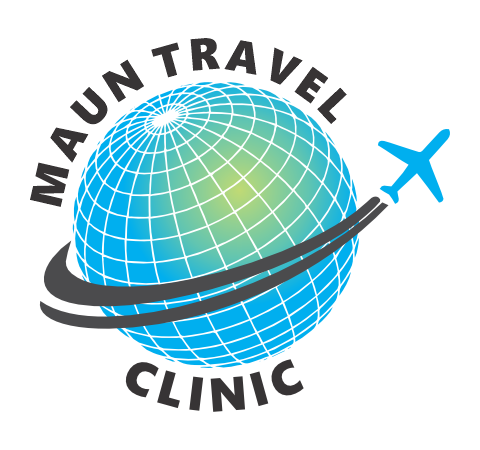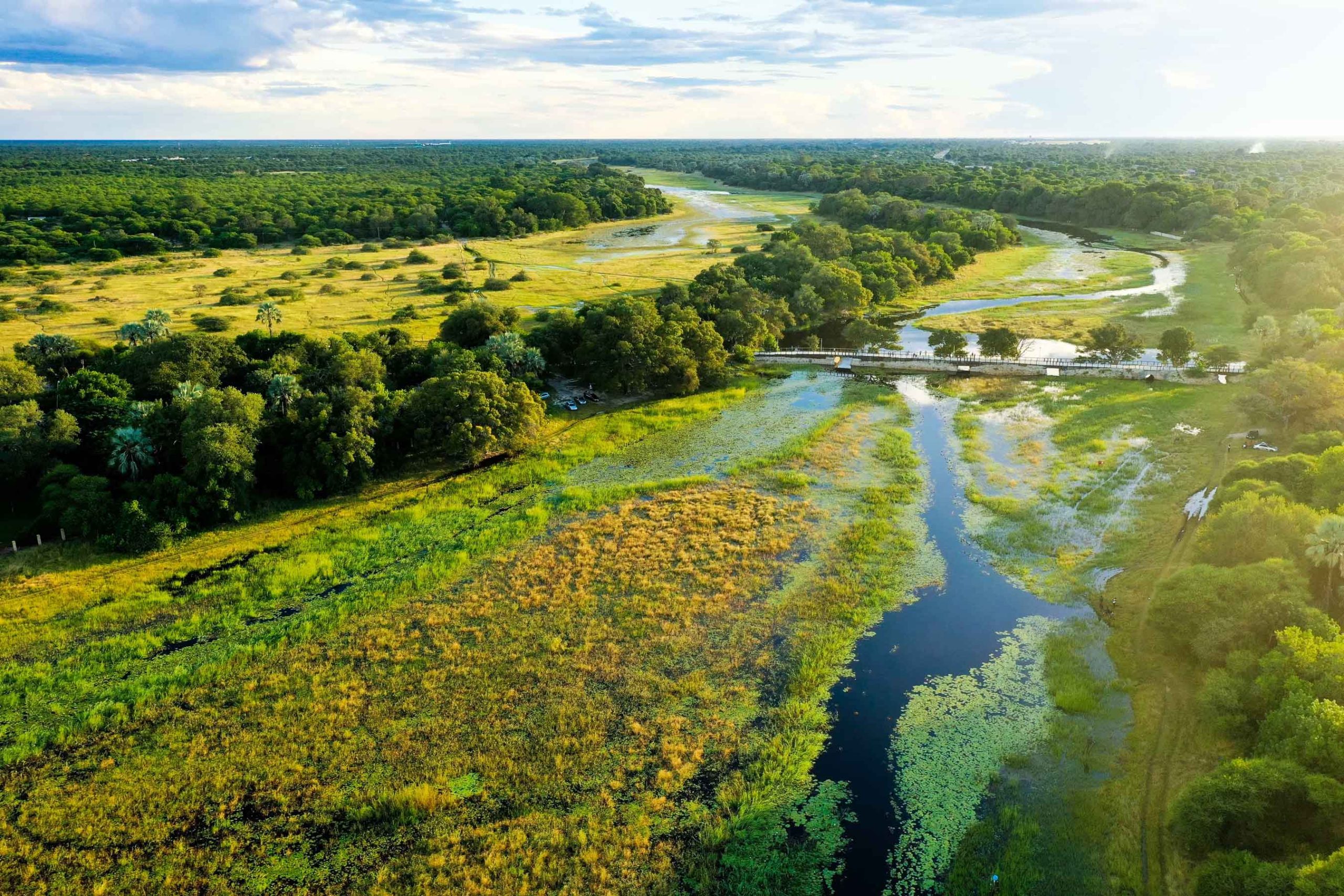Botswana, located in the heart of Southern Africa, is a dream destination for travelers seeking unparalleled natural beauty, abundant wildlife, and unique cultural experiences. Known for its vast and pristine wilderness, including the Okavango Delta, Chobe National Park, and the Kalahari Desert, Botswana offers something for everyone, from safari enthusiasts to those seeking tranquil escapes.
While traveling in Botswana is generally safe and welcoming, it's essential to prioritize your health to ensure a smooth and enjoyable experience. The country’s diverse environments, from urban centers like Gaborone to remote wilderness areas, mean that health considerations can vary. Taking proactive steps to protect yourself from potential health risks will allow you to fully immerse yourself in the adventure without worry.
Whether you're exploring the bustling markets, marveling at herds of elephants, or relaxing under a star-studded sky, these travel health tips will help you stay prepared, safe, and ready to make the most of your journey in Botswana.
1. Vaccinations and Immunizations
- Routine Vaccinations: Ensure you are up to date on routine vaccines like measles-mumps-rubella (MMR), tetanus, and influenza.
- Hepatitis A and B: These vaccines are recommended as they protect against diseases transmitted through contaminated food or water and blood or bodily fluids.
- Typhoid: Particularly if you plan to visit rural areas.
- Yellow Fever: Not typically required unless you are coming from a country where yellow fever is prevalent.
2. Malaria Prevention
- Malaria is prevalent in northern Botswana, particularly around the Okavango Delta and Chobe National Park.
- Take prescribed antimalarial medications as advised by your doctor.
- Use mosquito repellents containing DEET or picaridin.
- Sleep under insecticide-treated bed nets in high-risk areas.
- Wear long-sleeved clothing, especially at dusk and dawn.
3. Safe Drinking Water
- Tap water in urban areas is generally safe to drink, but bottled or filtered water is recommended in rural areas.
- Avoid ice cubes if unsure about the water source.
4. Food Safety
- Eat at reputable restaurants and avoid street food that may not meet hygiene standards.
- Wash fruits and vegetables thoroughly or opt for cooked foods.
- Avoid raw or undercooked meats and seafood.
5. Sun Protection
- Botswana has a sunny climate; use sunscreen with a high SPF, wear a hat, and carry sunglasses.
- Stay hydrated by drinking plenty of water.
6. Emergency Medical Services
Medical facilities are available in major towns and cities but may be limited in rural areas.
Medical facilities are available in major towns and cities but may be limited in rural areas.
- Carry a basic first aid kit, including pain relievers, antiseptics, and any personal medications.
- Ensure you have travel insurance that covers medical evacuation, especially if visiting remote areas.
7. Wildlife Safety
- Botswana is home to incredible wildlife, but always maintain a safe distance from animals.
- Follow the instructions of local guides and park rangers.
8. COVID-19 Considerations
- Check Botswana’s current entry requirements and guidelines regarding COVID-19.
- Carry hand sanitizer, masks, and maintain hygiene practices.
9. Traveling with Chronic Conditions
- Bring a sufficient supply of prescription medications in their original packaging.
- Carry a doctor’s note or prescription for any necessary medications.
10. Altitude and Adventure Activities
- If engaging in activities like hiking, assess your fitness level and consider altitude acclimatization in elevated areas.
By following these health tips, you can focus on enjoying Botswana's stunning landscapes, vibrant culture, and unforgettable adventures!

